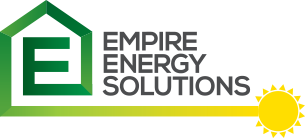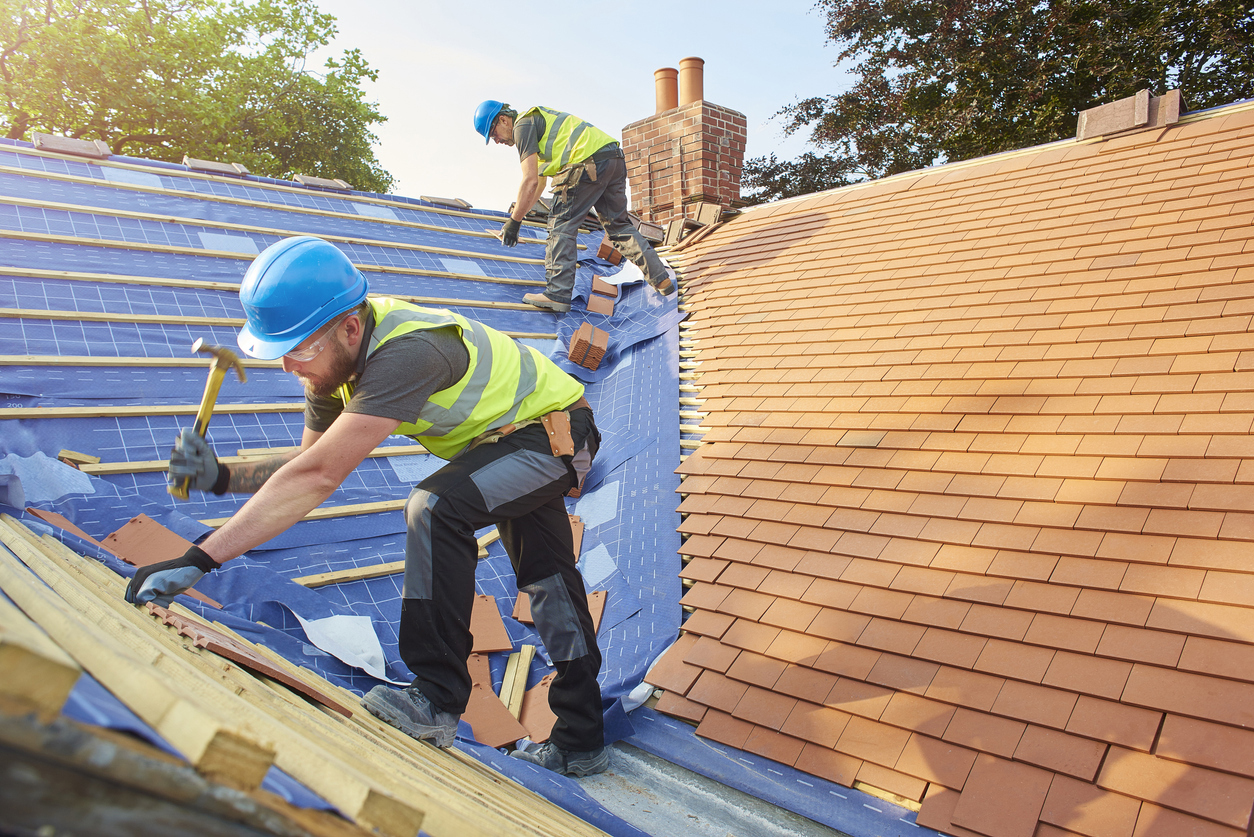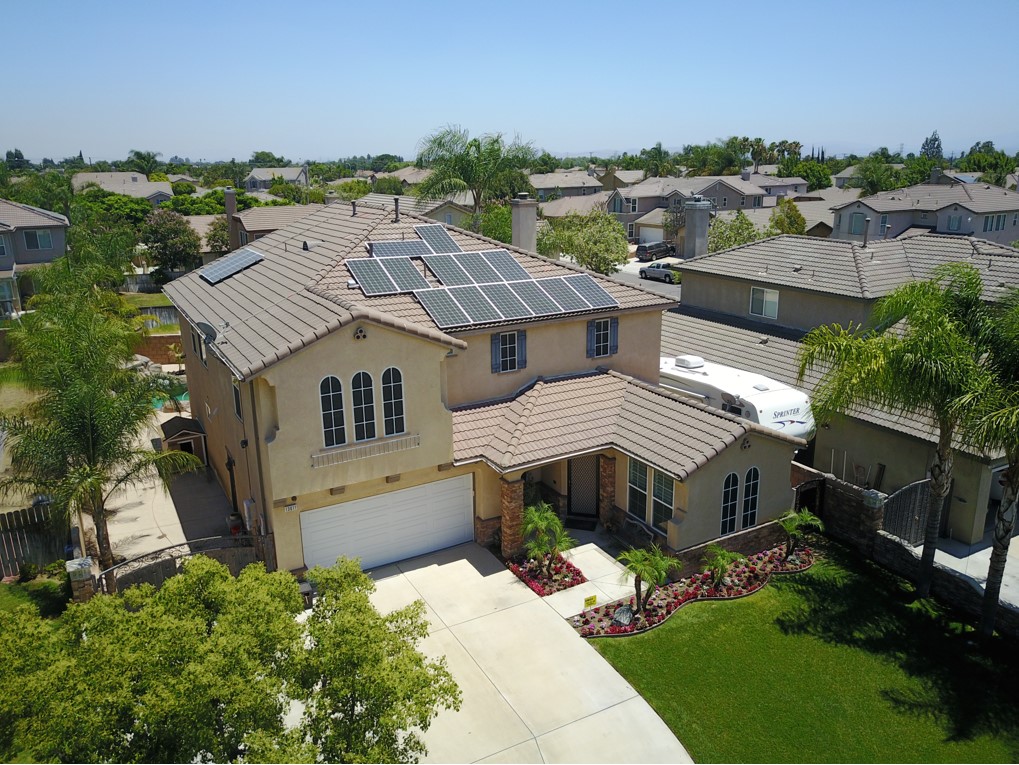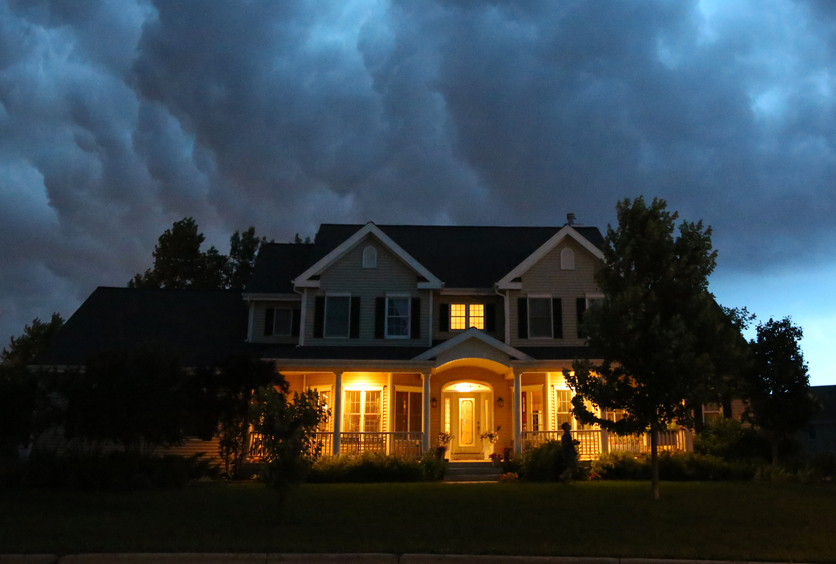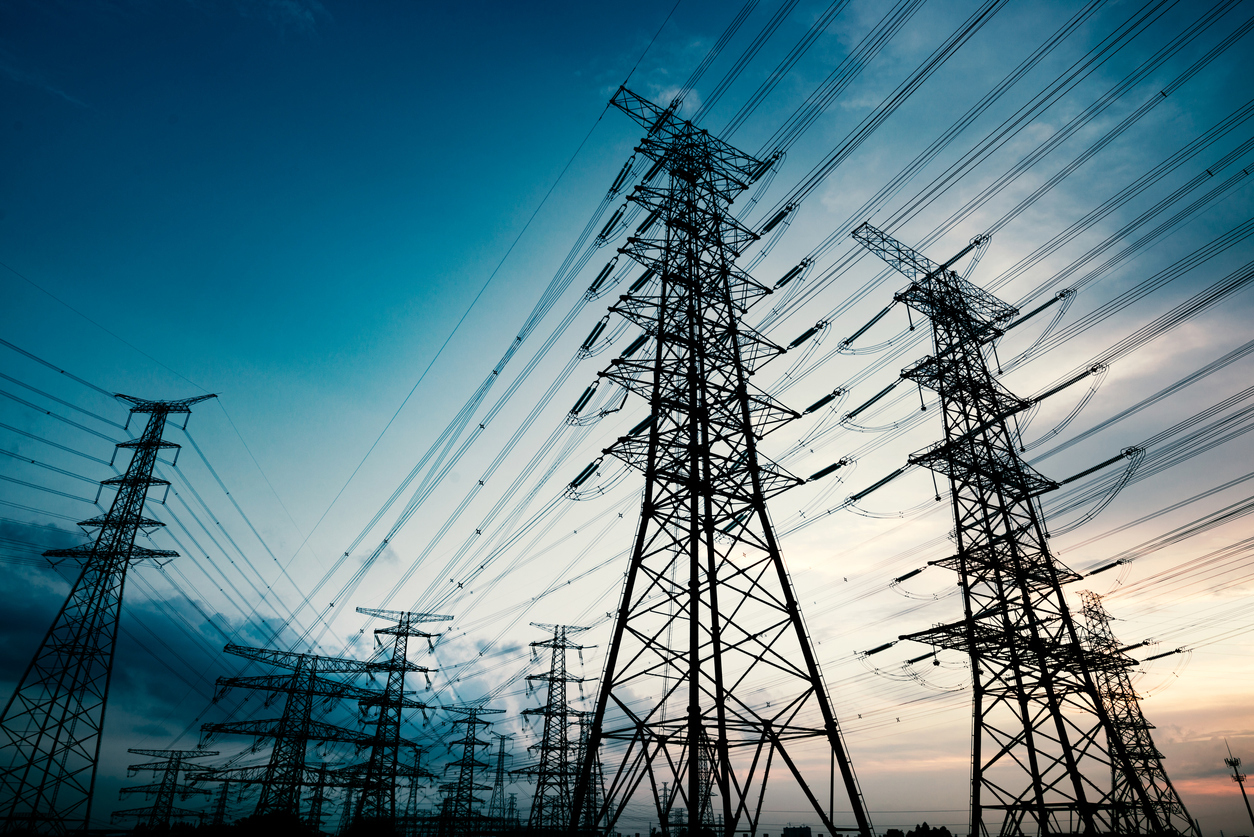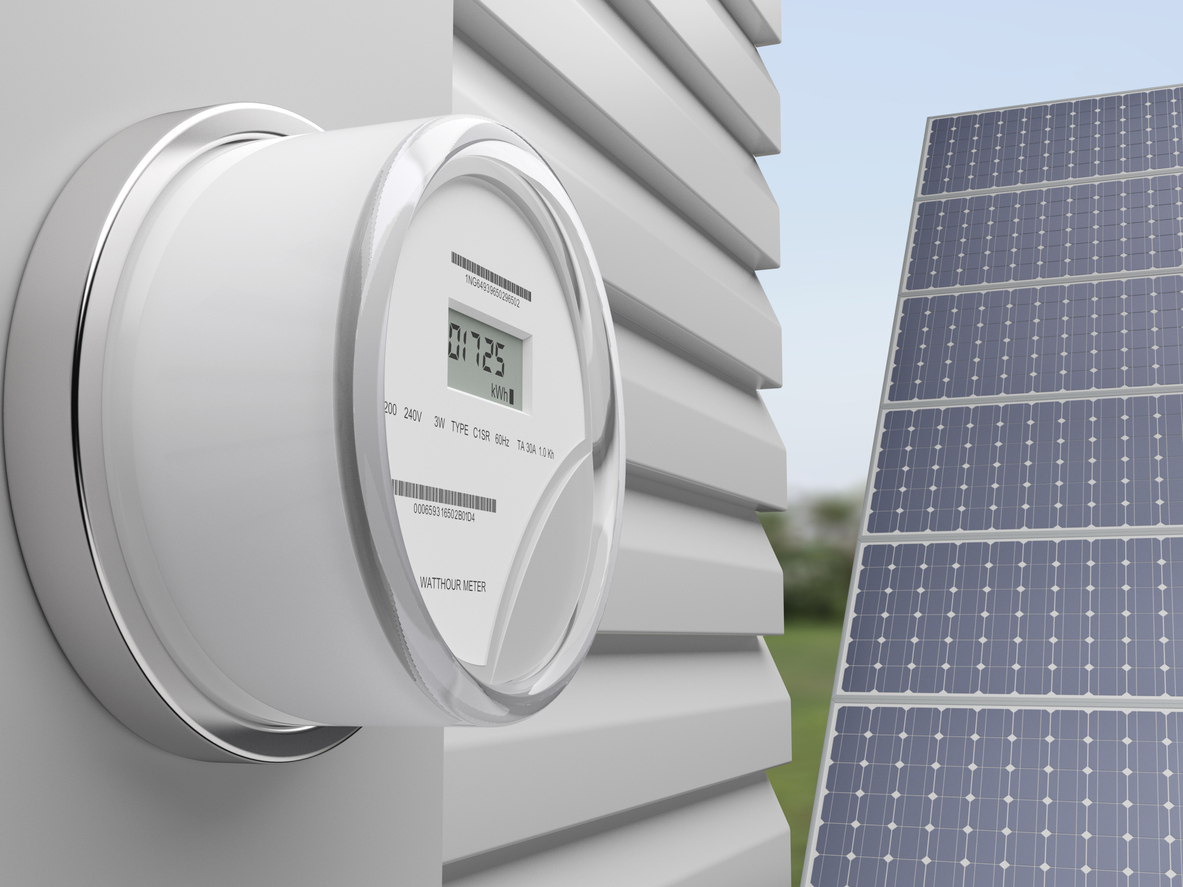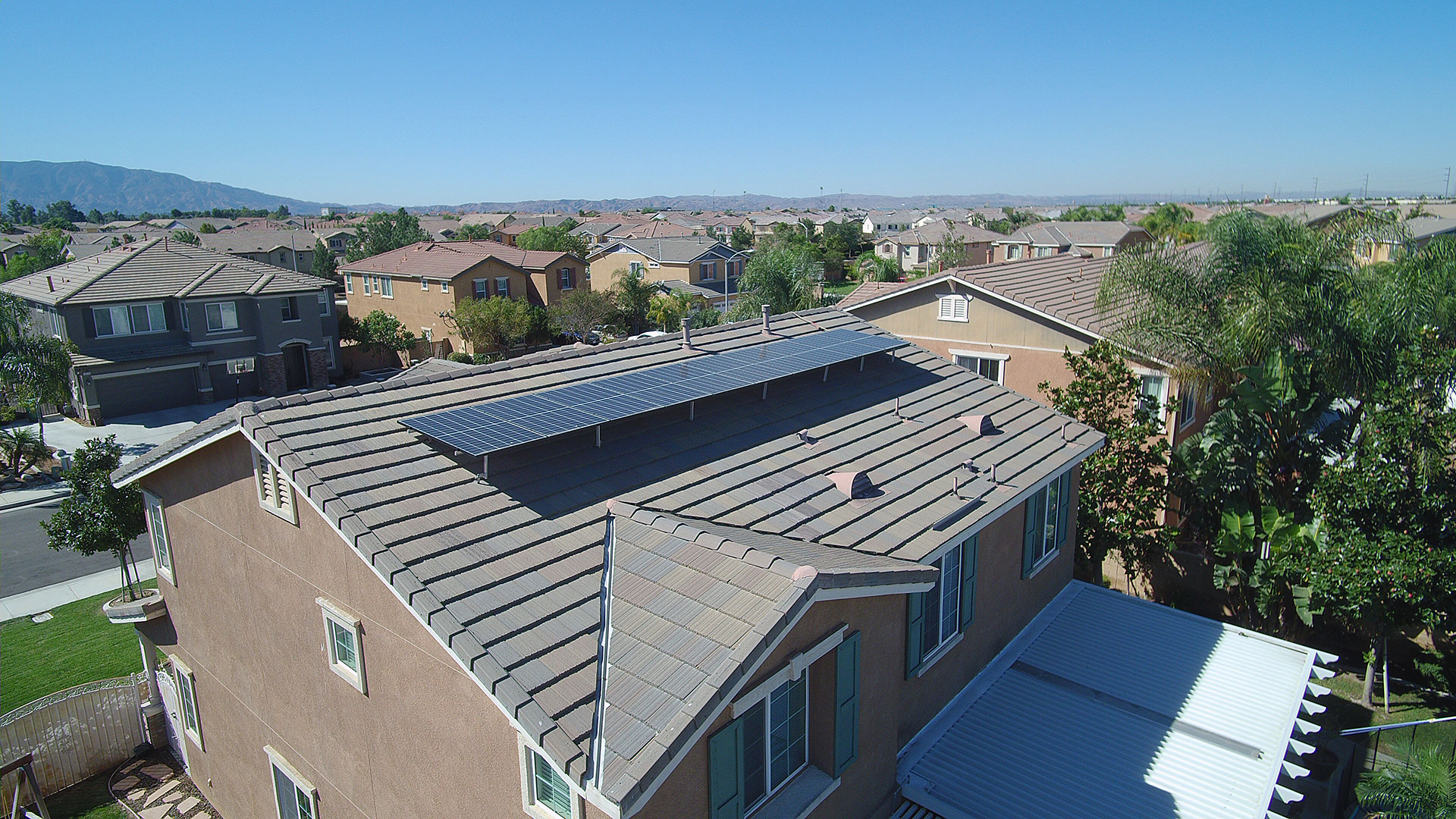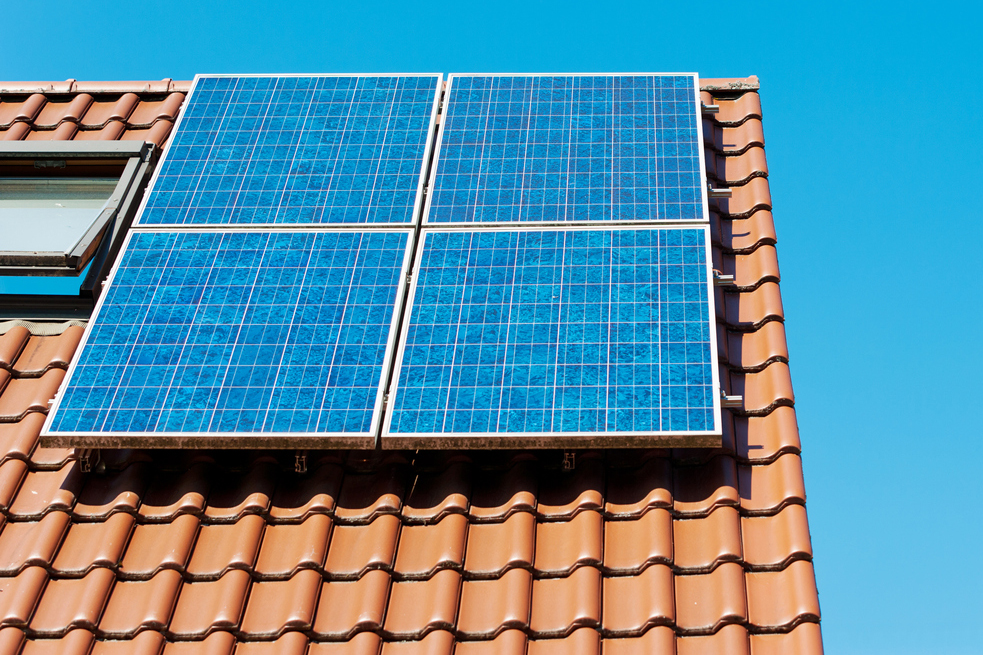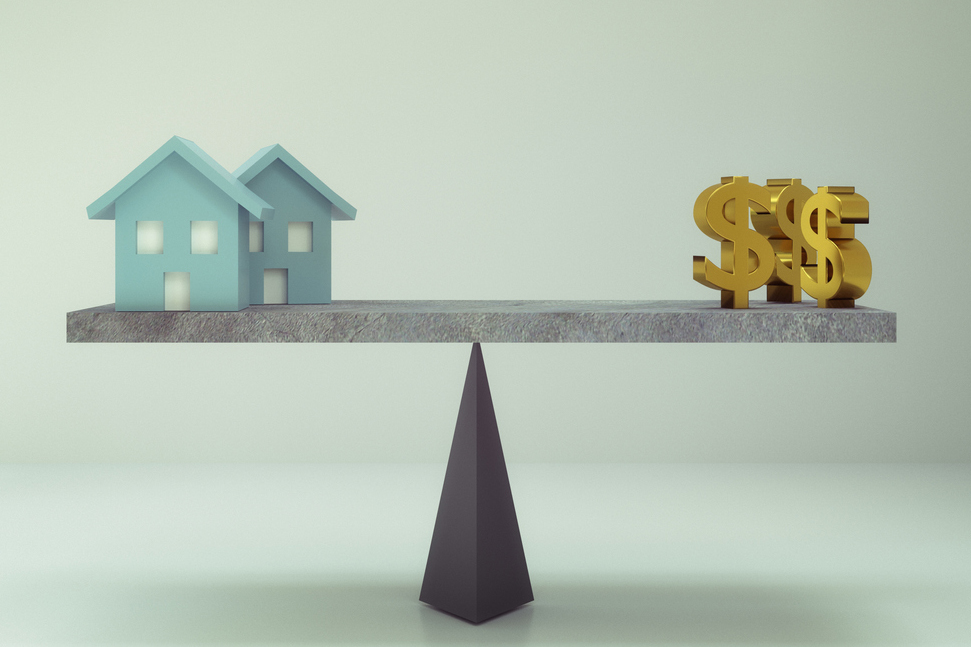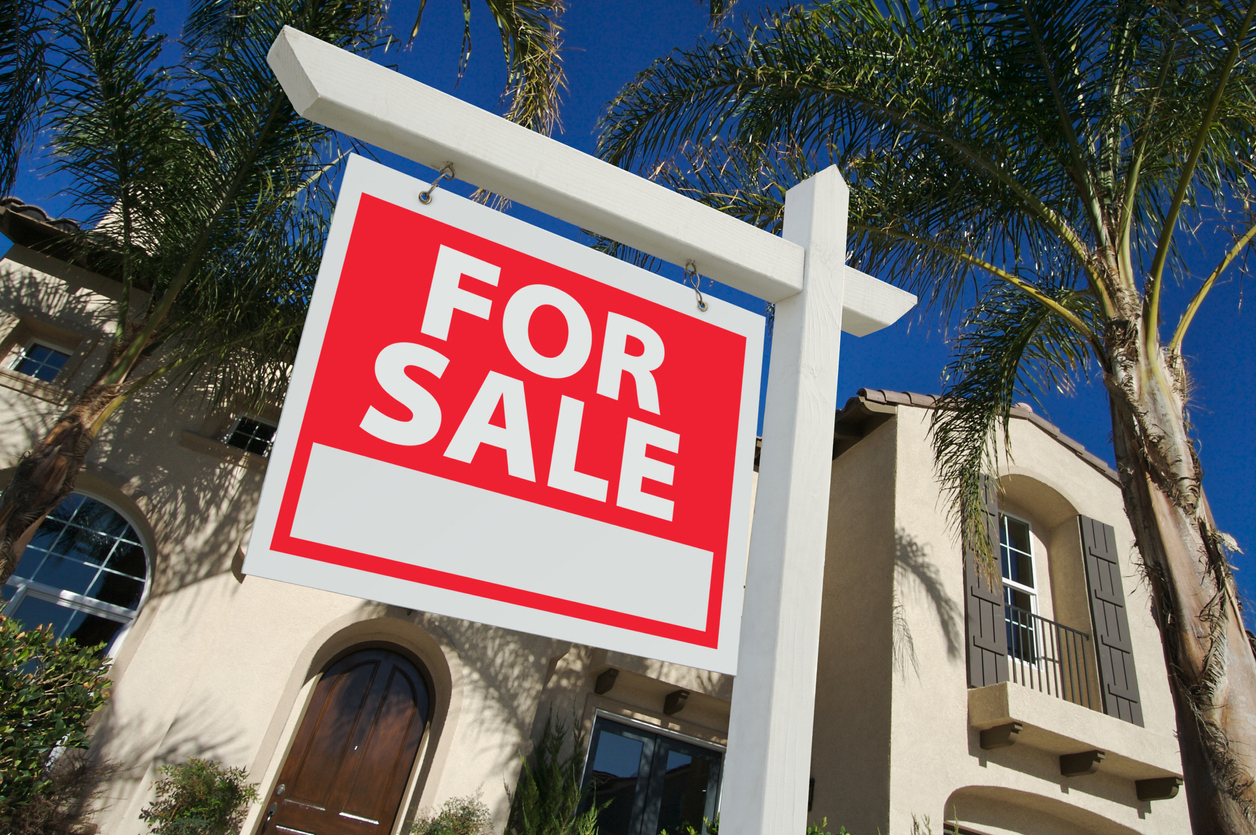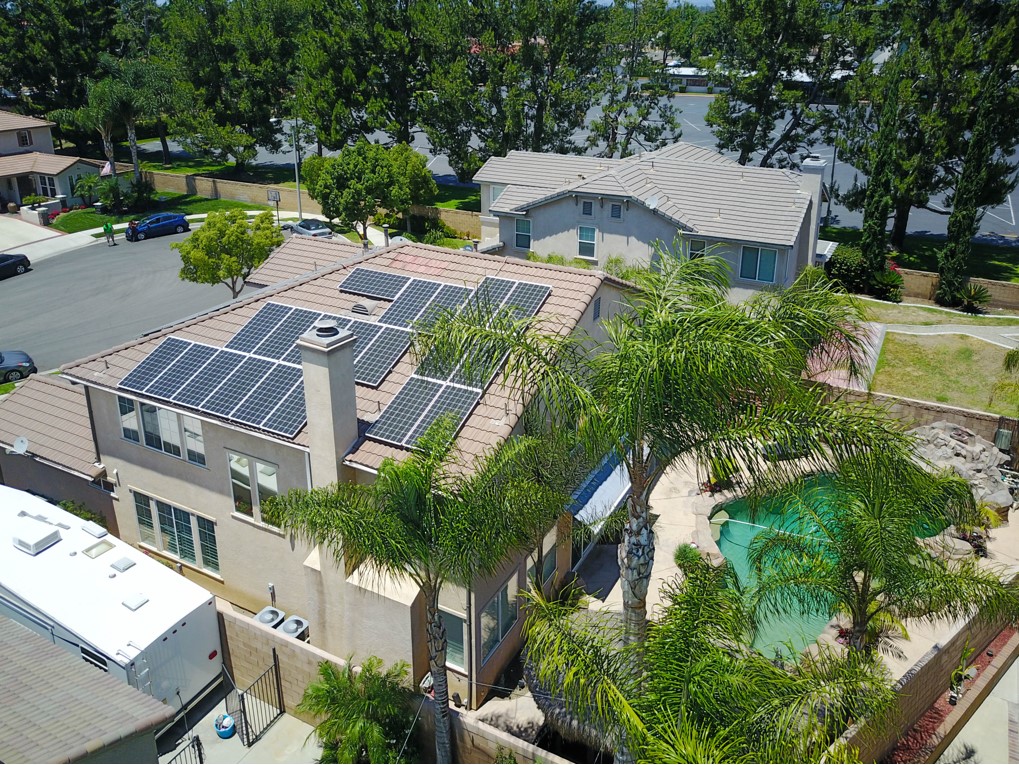There are three main components to a solar system: panels, inverters and meters.
Panels
Solar panels contain solar cells. Solar cells, sometimes called photovoltaic cells, convert the energy of the sun into electricity. Most solar cells are made of some form of silicon. Panels also contain metal conductor strips and antireflective coating. Wiring and hardware to attach panels to the roof are also part of your entire solar system.
Inverters
Solar panels generate Direct Current (DC). But almost everything you use in your house – TV, computer, refrigerator and such – runs on Alternating Current (AC). That’s why solar systems require an inverter. Inverters convert DC power generated by solar panels into AC power that fuels your house. If allowed by your utility, excess AC energy can be fed back into your local grid.
Meters
Solar systems utilize two types of meters. Your solar power company will provide a solar meter to collect and upload your system’s production data. Your utility company will provide a net meter to measure the energy you consume and, in applicable markets, the energy you send back to the electric grid. This give-and-take relationship between your solar system and the utility grid is called net metering.
In addition to the three main components, some systems may also include a battery storage system. By adding a battery, your system will power your home during the day and send excess energy to the battery to be used at night. Unlike solar-only systems, it will continue producing and storing energy during a power outage when the electric grid is down so you can keep your most needed lights and appliances on.
The amount of power available during a power outage is limited, depending on the loads connected and the customer usage during a power outage.

